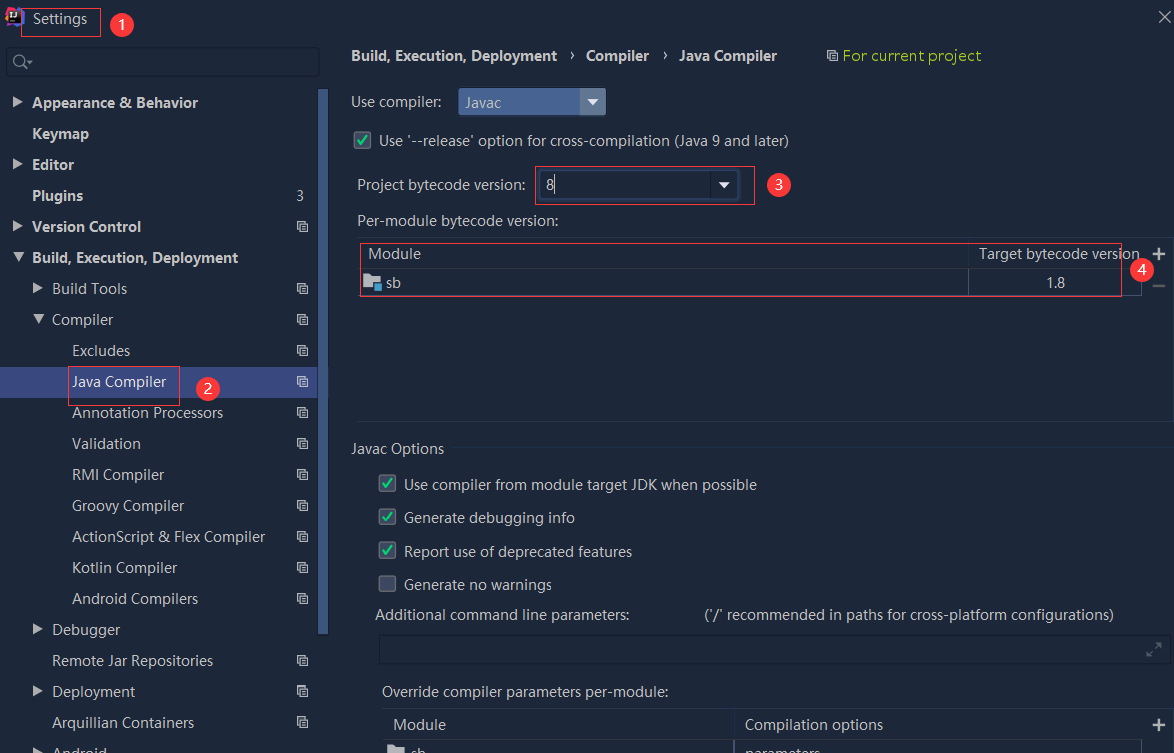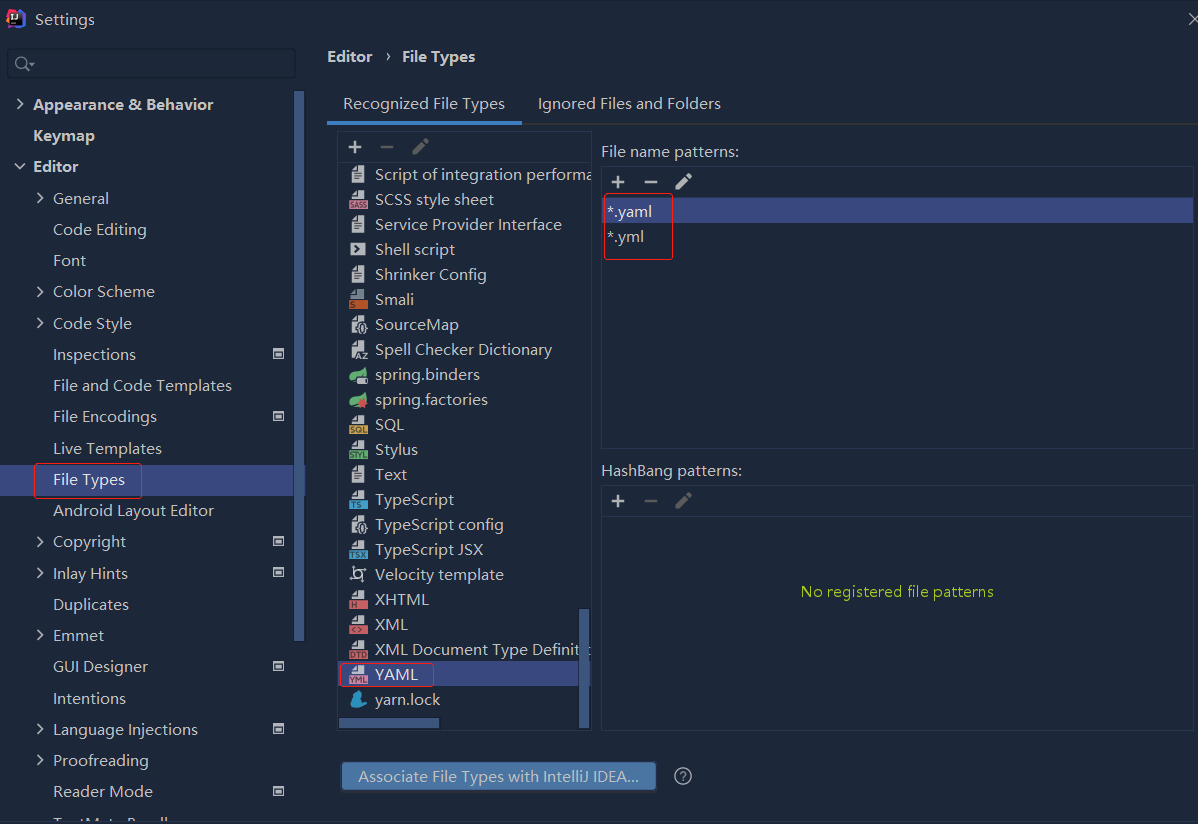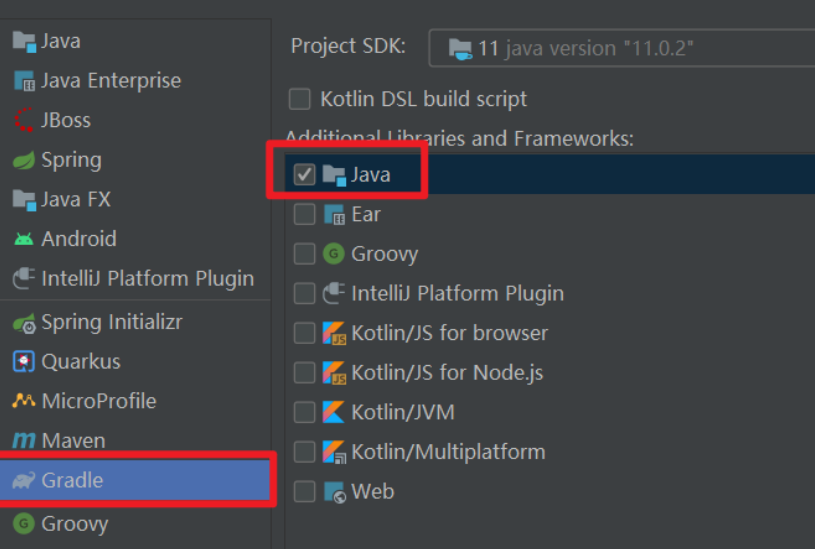问题描述
我正在解析JSON文件中的数据,并创建了一个结构来保存该数据。我试图在tableView中显示自定义结构的每个项目,但是我在如何引用每个项目上陷入了困境。
这是我的结构:
struct Country: Codable {
var id: Int
var country: String
var capital: String
var nationalLanguage: [String]
var population: Int
}
这是我的表视图控制器。现在,我只知道如何在自定义类型中引用单个项目。显然,这会将所有单元格设置为该项目。
class TableViewController: UITableViewController {
var countryItem: Country?
override func tableView(_ tableView: UITableView,numberOfRowsInSection section: Int) -> Int {
return 5
}
override func tableView(_ tableView: UITableView,cellForRowAt indexPath: IndexPath) -> UITableViewCell {
let cell = tableView.dequeueReusableCell(withIdentifier: "Cells",for: indexPath)
if let country = countryItem {
cell.textLabel!.text = String(country.population)
}
return cell
}
}
当我打印出countryItem变量时,这就是我得到的:
Country(id: 1,country: "United States",capital: "Washington D.C.",nationalLanguage: ["English"],population: 328239523)
我是否需要以某种方式将其设置为数组,以便可以分别引用每个项目?
解决方法
已更新:
选项1
class TableViewController: UITableViewController {
var countryItem: Country?
var arrayStrings: [String] {
guard let countryItem = countryItem else { return [] }
return [
"\(countryItem.id)",countryItem.country,countryItem.capital,countryItem.nationalLanguage.joined(separator: ","),"\(countryItem.population)",]
}
override func tableView(_ tableView: UITableView,numberOfRowsInSection section: Int) -> Int {
return arrayStrings.count
}
override func tableView(_ tableView: UITableView,cellForRowAt indexPath: IndexPath) -> UITableViewCell {
let cell = tableView.dequeueReusableCell(withIdentifier: "Cells",for: indexPath)
cell.textLabel!.text = arrayStrings[indexPath.row]
return cell
}
}
选项2
class TableViewController: UITableViewController {
var countryItem: Country?
override func tableView(_ tableView: UITableView,numberOfRowsInSection section: Int) -> Int {
return countryItem == nil ? 0 : 5
}
override func tableView(_ tableView: UITableView,for: indexPath)
let text: String
switch indexPath.row {
case 0:
text = "\(countryItem!.id)"
case 1:
text = countryItem!.country
case 2:
text = countryItem!.capital
case 3:
text = countryItem!.nationalLanguage.joined(separator: ",")
case 4:
text = "\(countryItem!.population)"
default:
break
}
cell.textLabel!.text = text
return cell
}
}
如果只需要显示结构中所有字段的字符串表示形式,那么可以,将它们转换为单个字符串数组并使用可重复使用的单元格进行渲染。
如果每个字段需要不同的样式,则可能不需要数组,只需创建一些自定义单元格,然后从结构中为其分配数据即可。
或者也许您甚至不需要在这里使用表格视图,因为我看到您只有一个国家/地区,并且这里不需要可重用。只需创建带有5个(也许)标签的自定义视图并显示数据即可。
由于某些原因,您仍然需要一个表格视图,然后创建一个可以显示country的所有信息的单元格。
希望它可以为您提供帮助。
class TableViewController: UITableViewController {
var countryItem = [Country]()
override func tableView(_ tableView: UITableView,numberOfRowsInSection section: Int) -> Int {
return countryItem.count
}
override func tableView(_ tableView: UITableView,for: indexPath)
cell.textLabel!.text = countryItem[indexPath.row].country
return cell
}
}

 依赖报错 idea导入项目后依赖报错,解决方案:https://blog....
依赖报错 idea导入项目后依赖报错,解决方案:https://blog....
 错误1:gradle项目控制台输出为乱码 # 解决方案:https://bl...
错误1:gradle项目控制台输出为乱码 # 解决方案:https://bl...